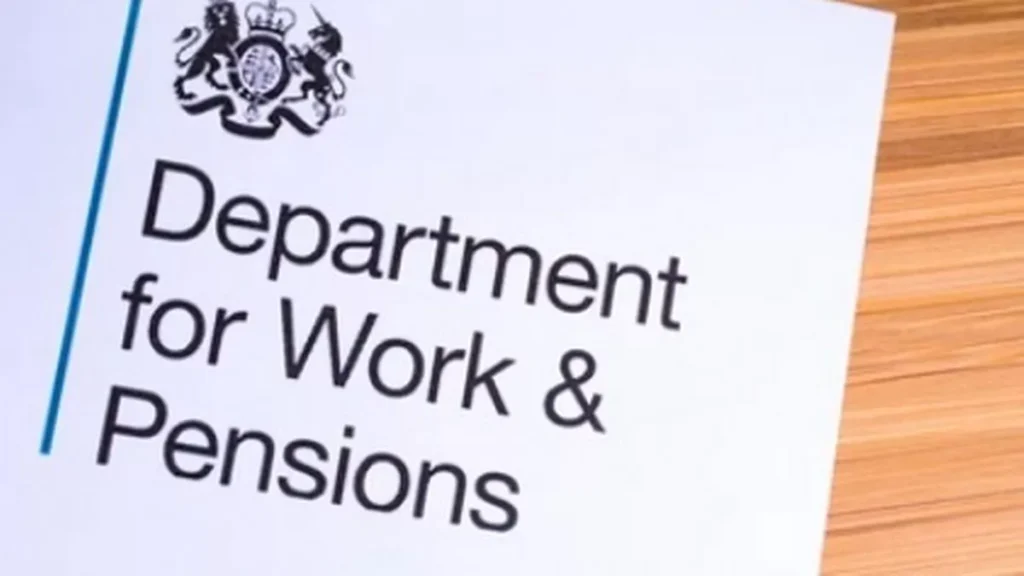A letter from the Department for Work and Pensions (DWP) might seem like just another piece of mail, but for thousands of benefit claimants across the UK, it could carry serious financial consequences — including fines of up to £5,000 or even cuts to essential benefits.
In recent months, the DWP has stepped up its enforcement efforts to crack down on suspected benefit fraud, overpayments, and non-compliance with benefit conditions. For those receiving financial support from the government, this means increased scrutiny and the potential for significant penalties.
Why You Might Receive This Letter?
According to the DWP, there are three primary reasons why a person might receive a warning letter that carries the risk of financial penalties or sanctions:
1. Suspected Benefit Fraud
Benefit fraud occurs when someone deliberately provides false information or fails to report changes in their circumstances in order to receive more money than they are entitled to. Common examples include:
- Not reporting income from work
- Claiming to live alone while cohabiting with a partner
- Failing to disclose savings or assets that affect eligibility
When fraud is suspected, the DWP can launch an investigation. If wrongdoing is confirmed, penalties can include fines, court action, and being forced to repay the wrongly claimed funds.
The fine alone can be up to £5,000, and in more serious cases, criminal prosecution may follow.
More on benefit fraud: https://www.gov.uk/benefit-fraud
2. Benefit Overpayments

Not all letters from the DWP are about fraud. Sometimes, honest mistakes lead to overpayments. This can happen if a claimant forgets to report a change in income, working hours, or living arrangements. If the DWP later discovers an overpayment, they will demand repayment — even if it was unintentional.
Failure to comply can result in reductions to ongoing benefits or legal action.
Learn about how overpayments are handled: https://www.gov.uk/benefit-overpayments
3. Non-Compliance With Conditions
Some benefits, like Universal Credit or Jobseeker’s Allowance, come with specific responsibilities. These include:
- Attending job centre appointments
- Actively looking for work
- Taking part in training or job-related activities
Missing appointments or failing to meet these obligations can trigger sanctions. A sanction means a temporary cut or full suspension of your benefits.
The Universal Credit sanctions guide outlines what you must do to keep receiving payments.
What the Letter Might Say
The letter may include warnings such as:
- “Failure to respond may result in your benefit being stopped.”
- “You may face a fine of up to £5,000 for providing incorrect information.”
- “We are reviewing your claim due to a discrepancy in your details.”
It’s important not to ignore such communication. Instead, contact the DWP using the details provided in the letter, or consult a trusted third-party advisor.
What You Should Do If You Receive This Letter?
1. Don’t Panic, But Act Quickly
Delays in responding could lead to automatic sanctions or further complications. The sooner you engage with the DWP, the better.
2. Seek Independent Advice
Charities like Citizens Advice offer free, confidential help for people facing benefit-related issues. They can explain what the letter means and how to respond appropriately.
Other helpful resources include:
- Turn2us
- Advice NI (for Northern Ireland)
- StepChange Debt Charity (for financial help if repayment is demanded)
3. Gather Documentation
Prepare any records or documents that may support your case, such as payslips, bank statements, or evidence of job-seeking activity.
What If You’re Being Investigated?

If the DWP suspects fraud, you may be invited to an “interview under caution” (IUC). This is a formal process and could lead to criminal proceedings.
You have the right to legal representation during this interview. It’s advisable to contact a solicitor or an advisor through Citizens Advice before attending.
How to Avoid Trouble in the First Place
Prevention is key. Keep the DWP updated with any changes that could affect your claim, including:
- Moving in with a partner
- Changes in employment or working hours
- Inheritance or major savings
- Having a child or a dependent move in or out
Most of these updates can be reported online through your Universal Credit account or by calling the relevant benefit helpline.
Final Thoughts
Receiving a letter warning of a potential fine or benefit cut can be alarming — but it’s not the end of the road. By understanding your responsibilities, seeking guidance, and acting quickly, you can protect your benefits and avoid further penalties.

Vikas is a seasoned finance writer with a keen eye for unraveling complex global financial systems. From government benefits to energy rebates and recruitment trends, he empowers readers with actionable insights and clarity. When he’s not crafting impactful articles, you can find him sharing her expertise on Social Media. You can connect with him via email at [email protected].









